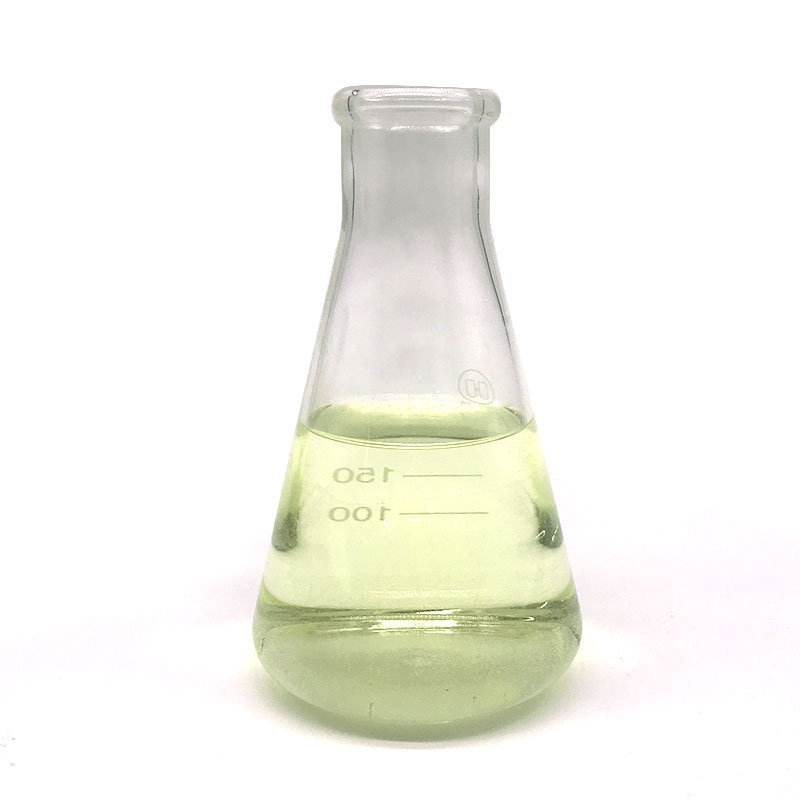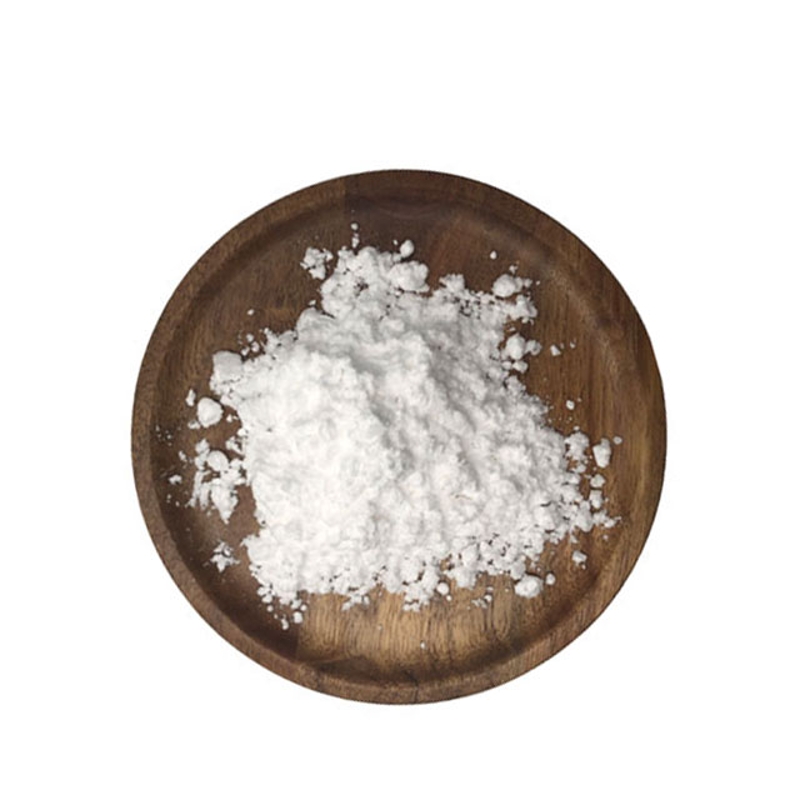-
Categories
-
Pharmaceutical Intermediates
-
Active Pharmaceutical Ingredients
-
Food Additives
- Industrial Coatings
- Agrochemicals
- Dyes and Pigments
- Surfactant
- Flavors and Fragrances
- Chemical Reagents
- Catalyst and Auxiliary
- Natural Products
- Inorganic Chemistry
-
Organic Chemistry
-
Biochemical Engineering
- Analytical Chemistry
- Cosmetic Ingredient
-
Pharmaceutical Intermediates
Promotion
ECHEMI Mall
Wholesale
Weekly Price
Exhibition
News
-
Trade Service
2019, which has been full of mergers and acquisitions, selling and business restructuring, the international pharmaceutical giants have finally come to an end with their sunburnt transcripts for the last fiscal year. Yet 2020 will be more ferocious, unusual, and ruthless than expected - with factories shut down, supply chains broken, clinical trials suspended, and new drug sales blocked as a result of the outbreak set to have a profound impact on this fiscal year's operating conditions.At the same time, pharmaceutical giants, an important part of the health care system, have already taken action in this major public health event that has swept the world: in the field of special-effects drug development, vaccine development, or nucleic acid testing. FiercePharma's website recently released the 2019 Top 20 Rankings for Global Pharmaceutical Companies, allowing us to review the rankings while also looking at the potential risks of these giants in 2020 and the potential for additional benefits from the new crown outbreak.Will vaccines and special effects be "blank checks"?Stock market turmoil, a plunge in crude oil, and the global economy are showing disturbing signs that no one can completely circumvent its effects under globalisation. The "key" to solving the epidemic's plight and prying the international situation is now in the hands of pharmaceutical companies. Therefore, "vaccine" "special effects drug" related news can always affect market sentiment, causing the stock of the relevant companies ups and downs.Gilead Sciences, the first and most frequently "showed up", has developed clinical data showing the potential for treatment for seriously ill patients. Although the drug has not yet been approved by the FDA, and there is a distance between its efficacy and the "special effects drug" we're looking for, perhaps because Gilead's performance has slowed or even negative growth for several years, the company has high expectations for Redsyvir. It is understood that Gilead's sales of the anti-HIV drug Biktarvy reached $4.74 billion in 2019, up 300 percent year-on-year, with sales of almost all of its pillar products falling.Earlier this month, Gilead said it had increased production at Redseawe and was implementing a donation program. One million doses of Redsywe are currently being used in clinical trials based on compassionate dosing, and Gilead said it would produce 360,000 courses of Redsywe by October, with a maximum planned production of 1 million courses by the end of the year.Last year Novartis launched a number of promising and controversial new drugs, including the "sky-high" gene therapy Zolgensma and the highly competitive multiple sclerosis treatment Mayzent, which continued to grow sales by 6%. Novarce recently announced that it has reached an agreement with the FDA to sponsor an evaluation of the efficacy of hydroxychloroquine in the treatment of hospitalized patients with neo-coronary pneumonia. The drug has been used to treat malaria and certain autoimmune diseases and will be provided by Sanders, Novarma's generics division.Sanofi is moving away from cardiovascular disease and diabetes, and in recent months has been approved for the first who who fully owned anti-tumor drug in a decade. Since this year's outbreak, Sanofi Pasteur has announced a partnership with the U.S. Biomedical Advanced Research and Development Authority (BARDA) to develop a recombinated protein candidate vaccine for the new coronavirus, followed by a new mRNA vaccine. At the same time, the company and regeneratives once again hand in hand to jointly assess the efficacy of the anti-inflammatory drug Kevzara (sarilumab) in the treatment of patients with severe neo-coronary pneumonia, has been launched around the world multi-center double-blind II./III. phase trial.By the end of March, there were more than 50 vaccine research and development projects worldwide, according to the WHO. On April 17th GlaxoSmithKline and Sanofi announced that they would jointly develop a new coronary pneumonia vaccine, and that the first phase of clinical trials would be conducted in the second half of this year, with the aim of reaching the market next year.However, some analysts have issued reports calling for an over-expectation of vaccines, and even pessimistically pointing out that "the new coronavirus vaccine cannot be expected within five years", which raises questions about the social and pharmaceutical economics aspects of vaccine access. And, as the new coronavirus mutation continues to be confirmed, especially recent research by chinese Academy of Engineering academician Li Lanxuan team found that the new coronavirus appears a number of mutations that can actually affect pathogenicity, the future of the vaccine has become somewhat blurred.
lost time, what to make up for it?Companies that have completed product listings, mergers and acquisitions and asset selling by March are expected to see a bit of a "get away with it" in the coming months. However, this is not all, for some pharmaceutical companies, although in theory, "the demand for people to use drugs has not decreased", but because of the tendency of the business, it is not immune to the impact of the outbreak.Among them, revenues in Johnson and Johnson's medical device division may continue to fall. Last year, sales of Johnson and Johnson's drugs rose 5.8 percent to $42.2 billion, driven by strong immunology and oncology drugs, but sales of medical devices fell 1.7 percent. Analysts believe that this year's johnson and johnson equipment, an important part of the joint replacement business, may be due to the outbreak completely suspended, and the company's revenue structure will have a significant impact.The outbreak will also slow the approval of drugs related to non-neo-coronary pneumonia by the FDA, EMA and other departments. Among them, Novartis' new drug for multiple sclerosis, Ofatumumab, entered the review phase in the United States in late February, when only sporadic cases were imported in the United States, and the review of the drug was scheduled to be completed in June, but it is now unknown when it will be approved. It is reported that the drug beat Sanofi's Aubagio in Phase III clinical trials, reducing the number of recurrences in patients and reducing the risk of disability.The outbreak has also affected the pace of mergers and acquisitions and business break-ups. Last year Pfizer announced an $11 billion acquisition of Aray BioPharma for two small-molecule cancer drugs that are currently in the process of conducting more than 30 clinical trials for different types of cancer. The deal, which was due to be completed on July 30 this year, has now been tentatively delayed until the second half of the year. In addition, the process of spin-off of its subsidiary Puqiang was interrupted. That said, Pfizer, which lost 3.5 percent of its revenue last year, will lose at least half a year of business restructuring this year.As the U.S. election approaches, pressure on drug pricing in Congress continues to mount, and as the protracted outbreak depletes medical resources, analysts expect pricing pressure to expand from generics to innovative drugs in the coming years. Roche, for example, is also under competitive pressure and pricing pressure to push the price of rozlytrek, a new cancer drug, to half the price of its peers (Bayer's Viktravi), and Pfizer, Mercer and others are splitting up their generics businesses to mitigate the impact of price pressure on the company's performance. At the same time, increasingly stringent antitrust scrutiny has stalled the adjustment process for large pharmaceutical companies, which have been heavily influenced by Novar3, Roche and AbbVie.Arguably, under the multiple pressures of the epidemic, policy and the economy, the big drug companies will not be as good as the outside world thought in 2020. Now that new pneumonia drugs and vaccines may be an opportunity for businesses to break through, there are already plenty of runners on the track, and the world is waiting for them to reach the "real end". (Medical Economics)







